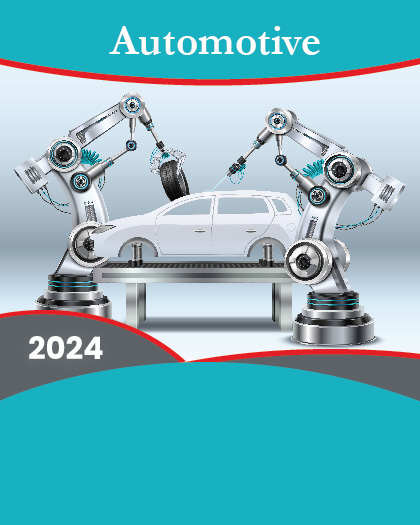
This report aims to provide a comprehensive presentation of the global market for Micro Electric Vehicles, with and qualitative analysis, to help readers develop business/growth strategies, assess the market competitive situation, analyze their position in the current marketplace, and make informed business decisions regarding Micro Electric Vehicles.
The Micro Electric Vehicles market size considering 2023 as the base year, with history and forecast data for the period from 2019 to 2030. This report segments the global Micro Electric Vehicles market comprehensively. Regional market sizes, concerning products by type, by application and by players, are also provided.
For a more in-depth understanding of the market, the report provides profiles of the competitive landscape, key competitors, and their respective market ranks. The report also discusses technological trends and new product developments.
The report will help the Micro Electric Vehicles manufacturers, new entrants, and industry chain related companies in this market with information for the overall market and the sub-segments across the different segments, by company, by type, by application, and by regions.
The global Micro Electric Vehicles market size in 2023 is xx million US dollars, and it is expected to be xx million US dollars by 2030, with a compound annual growth rate of xx% expected in 2024-2030.
MARKET COMPETITIVE LANDSCAPE:
The main players in the Micro Electric Vehicles market include Ingersoll Rand, Polaris Industries, Smart Automobile Company, Textron, and Yamaha Motors. The share of the top 3 players in the Micro Electric Vehicles market is xx%.
REGION SHARE:
The report covers the market size information of North America, Europe, Asia Pacific, Latin America, Middle East and Africa, and North America accounted for xx%, Europe accounted for xx% of Micro Electric Vehicles market, and Asia Pacific accounted for xx%.
SEGMENT OVERVIEW:
The report segments the market by Type and Application. Lithium-ion accounted for xx% of Micro Electric Vehicles market in 2023. Lead-acid share of xx%.
Home Chargers accounted for xx% of the Micro Electric Vehicles market in 2023. Public Chargers accounts for xx%.
Chapter Outline
Chapter 1: Introduces the product overview, research purposes, and then includes economic analysis of global regions and inflation analysis,
Chapter 2: Analyzes the Micro Electric Vehicles manufacturing cost, including raw material analysis, manufacturing cost structure, and industrial chain.
Chapter 3: Analysis of the competitive environment of Micro Electric Vehicles market participants. This mainly includes the revenue and market share of the top players, along with the players' M&A and expansion in recent years.
Chapter 4: Analyzes the main companies in the Micro Electric Vehicles industry, including their main businesses, products/services, revenue, gross and gross margin.
Chapters 5-7: Segmented the global Micro Electric Vehicles market by type, application and region. Analyze the revenue of market segments from different perspectives.
Chapters 8-12: Provide North America, EMEA, China, Asia-Pacific and Latin America Micro Electric Vehicles market type, application, country and player market segmentation data, and SWOT Analysis.
Chapter 13: Analyzes the Micro Electric Vehicles industry chain, including marketing channels, distributors and major downstream buyers.
Chapter 14: Introduces the market dynamics, the trends factors and drivers factors of the market, and the challenges and restraints faced by manufacturers in the industry.
Chapter 15: The main points and conclusions of the report.
Highlights-Regions
North America
United States
Canada
China
Asia Pacific (Excluding China)
Japan
Korea
Southeast Asia
India
Australia
EMEA
Europe
Germany
France
UK
Italy
Russia
Nordic
Middle East
Africa
Latin America
Brazil
Argentina
Mexico
Player list
Ingersoll Rand
Polaris Industries
Smart Automobile Company
Textron
Yamaha Motors
Italcar
Types list
Lithium-ion
Lead-acid
Nickel-metal Hydride
Application list
Home Chargers
Public Chargers
Battery Swaps
























